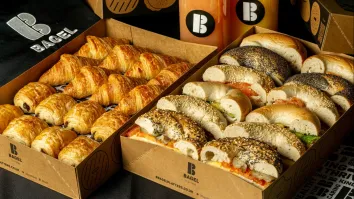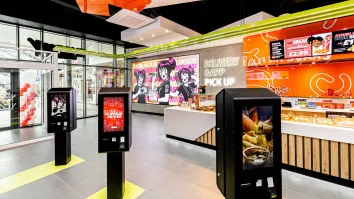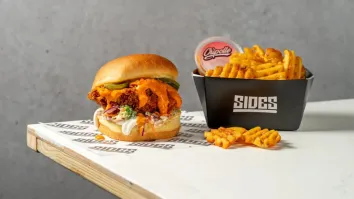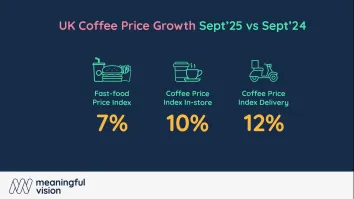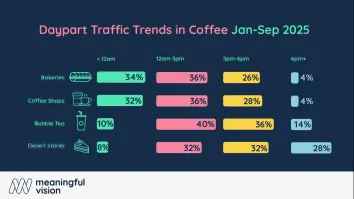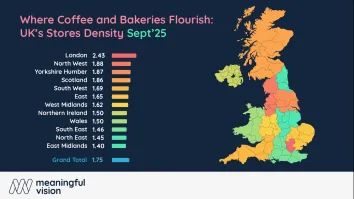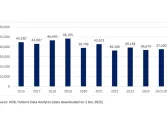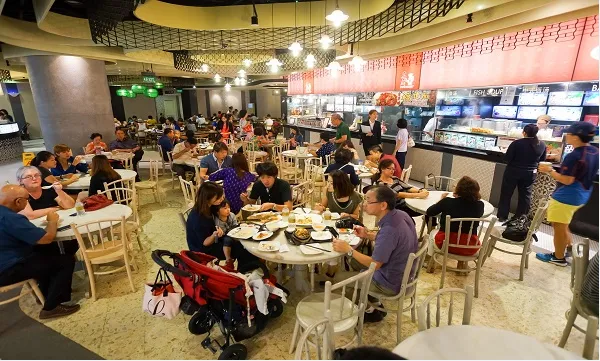
EXCLUSIVE: The next battleground for operators wanting to stay ahead of the pack
Following on from last week’s research in to UK consumers becoming creatures of habit, QSR Media spoke with Cyril Lavenant from the NPD Group about what chains can do to break consumers' habits to the benefit of their brands.
QSR Media: Your new research showed that UK consumers are rapidly becoming creatures of habit. Why is this, and how has this changed over time?
Our latest data shows that nearly 25% of us are happy to go on ‘autopilot’ when choosing where to eat, as long as we get good pricing, convenience and the right customer experience. The value of that ‘autopilot’ business is close to £13 billion – or nearly one-quarter of the sales value of the entire British foodservice industry so it’s something Britain’s operators should fight for.
Loyalty programmes are a part of that ‘autopilot’ decision making process, as is the general economic uncertainty at the current time. These factors make people more inclined to stick to what they know and where they are valued.
In terms of the change over time, historically, convenience of location has always been the number one reason people have cited as the reason they choose a particular venue. This change is very valuable to operators as it means that they don’t need to have locations everywhere to be a success.
QSR Media: What do your findings mean for challenger chains who want to try and break consumers habits?
I think the first thing is to know themselves. What I mean by this is that if you have a coffee chain, you have to do your coffee really well, and if you have a bakery, you have to be really good at that. But even then it’s still not enough, as there are so many coffee shops and bakeries in the market.
Operators have to really stand out from the crowd. A lot of the current operators in the market don’t do that - their stores are laid out the same, offering broadly the same menu. If they didn’t have hoardings outside, you might not be able to tell where you were. In a tough market, like the one we are now entering, that’s not going to be enough.
QSR Media: 2018 looks like being a tough one for operators. Is there anything else that they need to be doing to remain ahead of the pack?
Yes, improving their customer service. The quality of the food and drinks offering in the UK has come on remarkably in the last decade or so and competition has grown dramatically. Consequently, good food at a reasonable price are taken for granted – there needs to be more to make consumers come back.
We see this in our data, too. When consumers say they’ve had an excellent experience in a food outlet, they are dramatically more likely to say they will definitely come back. Customer service is a key part of overall customer satisfaction.
QSR Media: Can you point to specific things operators should be doing to improve their service?
The first is to be nice and friendly. It sounds simple but this is an area where a number of chains are let down, and is why local stores do well on this metric- they tend to feel like warmer environments where the staff are kinder and offer a more personalized service. It is something that should be achievable with larger chains but they need to put the effort in to training their staff.
Second of all, operators need to invest more in staff product training. Being efficient not only consists of getting a product and putting it in a bag for customers to take away but also very importantly It’s about answering questions on how a dish is prepared and what ingredients it contains.
QSR Media: Does technology have a role to play in this?
It certainly gives operators flexibility to improve their front of house. What I mean by this is that technology should not just be used to save costs. When quality of service is ranking as highly as it is, and the market is turning, we would encourage operators to use the savings and additional revenue that is coming from new technologies to invest in their staff, raising their productivity and the quality of their work.


